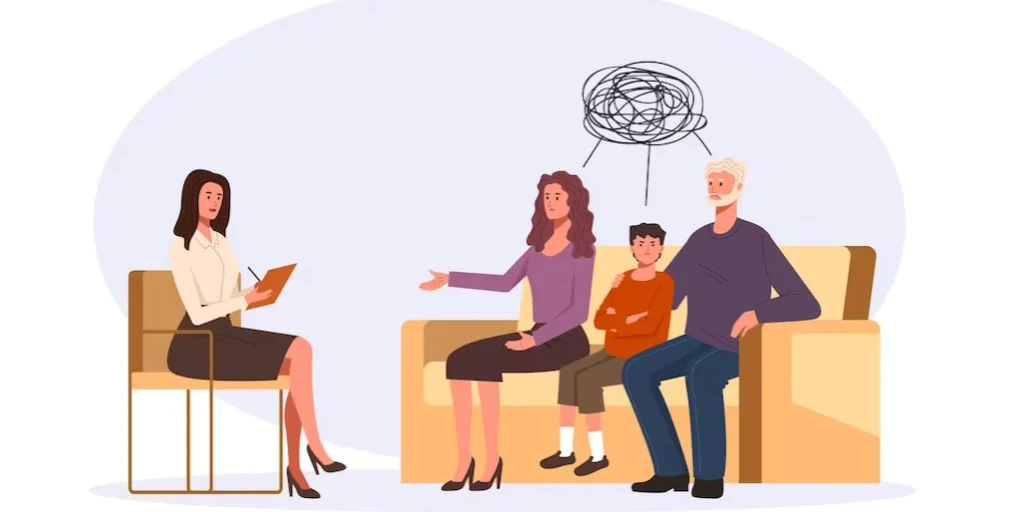24/7 Helpline:
(866) 899-221924/7 Helpline:
(866) 899-2219
Learn more about Intervention Services centers in Belle Plaine
Intervention Services in Other Cities

Other Insurance Options

Aetna

Evernorth

Sliding scale payment assistance

American Behavioral

Carleon

Multiplan

State Farm

MVP Healthcare

Excellus

Ceridian

Health Net

Molina Healthcare

Anthem

UnitedHealth Group

Coventry Health Care

Ambetter

CareFirst

Meritain

Regence

Cigna


Haven Chemical Health Systems
Haven Chemical Health Systems is a private rehab located in Shakopee, Minnesota. Haven Chemical Heal...

BHSI Shakopee
BHSI Shakopee is a private rehab located in Shakopee, Minnesota. BHSI Shakopee specializes in the tr...

Scott County Mental Health Center
Scott County Mental Health Center is a public rehab located in Shakopee, Minnesota. Scott County Men...

NorthStar Regional – Men’s Residential
NorthStar Regional–Men’s Residential is a behavioral and mental health care facility for adult men i...






































AA – Alcoholics Anonymous
AA – Alcoholics Anonymous is a private rehab located in Prior Lake, Minnesota. AA – Alcoholics Anony...

Lifestyle Counseling
Lifestyle Counseling is a private rehab located in Prior Lake, Minnesota. Lifestyle Counseling speci...

Reformers Unanimous – Addictions Recovery Program
Reformers Unanimous – Addictions Recovery Program is a private rehab located in Shakopee, Minnesota....

A Way Out Recovery
A Way Out Recovery is a drug and alcohol rehab in Shakopee, MN providing men with sober living optio...

Eastern Montana Mental Health
Eastern Montana Mental Health is a private rehab located in Jordan, Montana. Eastern Montana Mental ...































